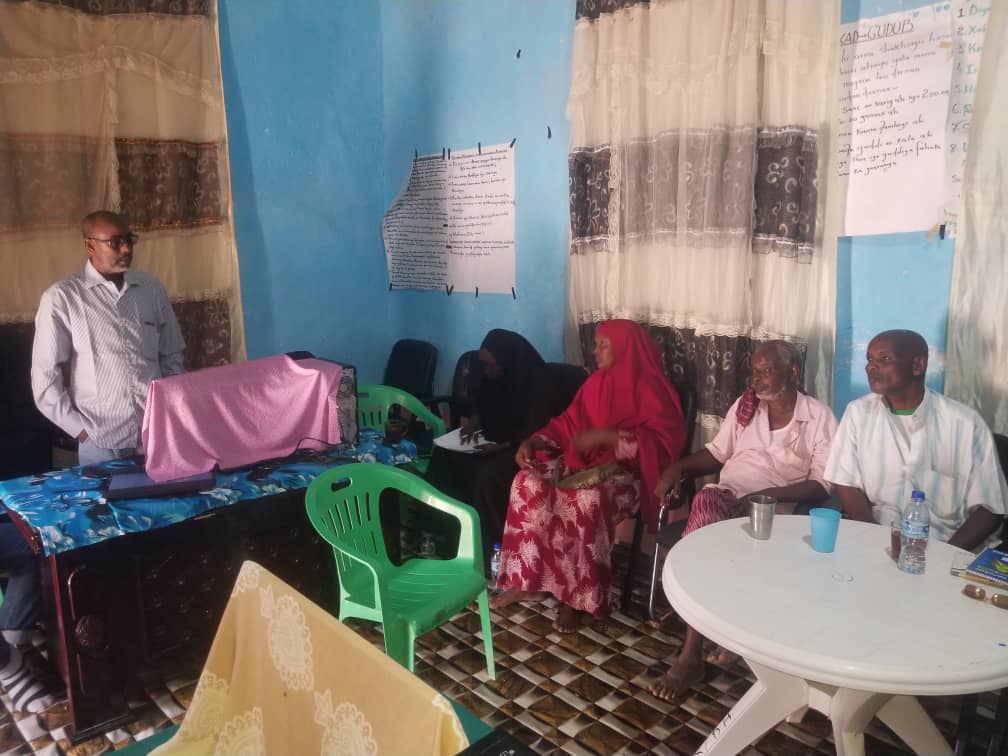
With the total disintegration of the Somalia’s political and civil infrastructure, people have been left to care for themselves. While the problems are many and complex, SSYDO recognizes that the Somali people share, to a large degree, many commonalities such as language, religion and shared history, which can be a strong basis upon which to build a new kind of social and political infrastructure.
SSYDO is working on the premise that among the key causes of conflicts in Somalia are limited accesses to natural resources such as water, grazing rights, farming land and competing interests over their control.
SSYDO expects to bridge the gap between the Non-State Actors (NSA) and the local controlling authority by utilizing project design and establish conflict transformation methods, combined with local expertise and resources in the targeted areas. Uniquely designed peace-building projects utilize post-conflict social transformation techniques while at the same time enhancing community development initiatives, awareness and educational programs in nonviolent approaches.
The high costs of human loss in conflict spurred SSYDO to become engaged in post-conflict transformation and peace-building through joint, inter-clan resource management projects. SSYDO approach to peace-building and conflict management is to focus on quick impact interventions that increases security and economic activity.
These quick impact interventions differ from mainstream development initiatives in that they take place in conflict and post-conflict environments where certain traditional development considerations – such as needs assessments that include extensive consultations with beneficiaries – are counterproductive. This is due to the unstable and under-resourced environments in which the interventions take place. Somalia’s newly liberated areas are characterized by high levels of inter-clan tension and a lack of basic public services. Therefore, SSYDO theory of change is based on working with the local authorities to boost their legitimacy among the communities they serve, further cementing the stabilization effect of the interventions.
SSYDO has established effective networks with access to key actors within the Federal Government of Somalia (FGS), the Somali diaspora, civil society, private sector and local and regional administrations. SSYDO always identifies and consults with key community stakeholders – clan elders, civil society organizations such as women’s and youth groups, and the commercial sector – which represent the interests of the beneficiaries in the community at large.
Training of Parents Support Groups and Youth Support Groups on peace building and conflict resolution, ongoing tracing and re-union, facilitation of community reconciliation and peace meetings, community and religious dialogues and consensus building on traditional justice systems, interactive games and sports among children and youth, development and implementation of peace, action plans, and dissemination of Information Education and Communication (IEC) materials to provide acceptance and reintegration.
IN THE NEXT 3 YEARS, SSYDO WILL IMPROVE ON THE FOLLOWING AREA
- Conflict sensitivity programming to be integrated with other projects such as water sector etc.
- Improve staff capacity for the program by training the staff and employing conflict and governance experts.
- Inclusion of women, youth and minority clans/groups, engagement of youth, in peace building and governance initiatives.
- Increase program coverage of other regions in Somalia.
Collaboration with government agencies Seek more funding for peace-building and governance.
